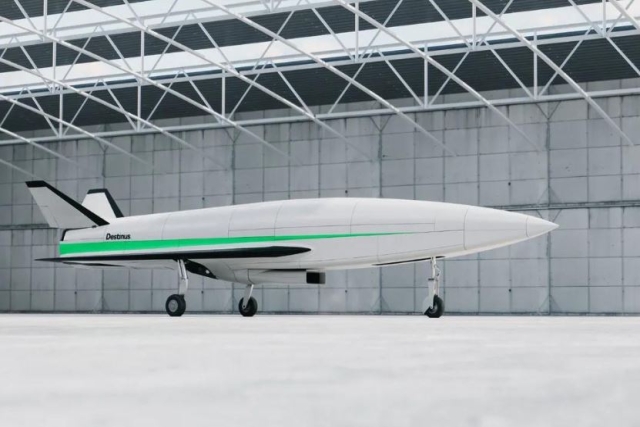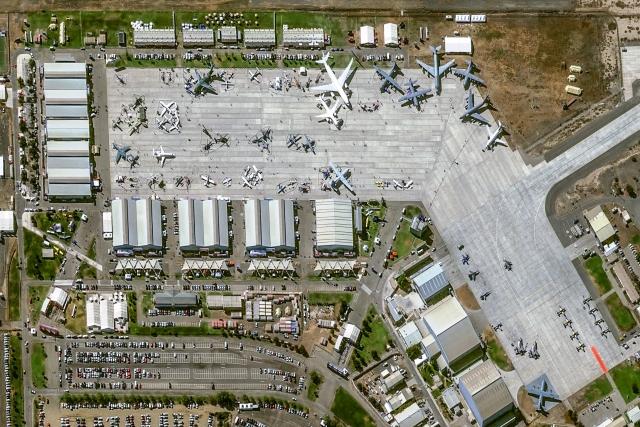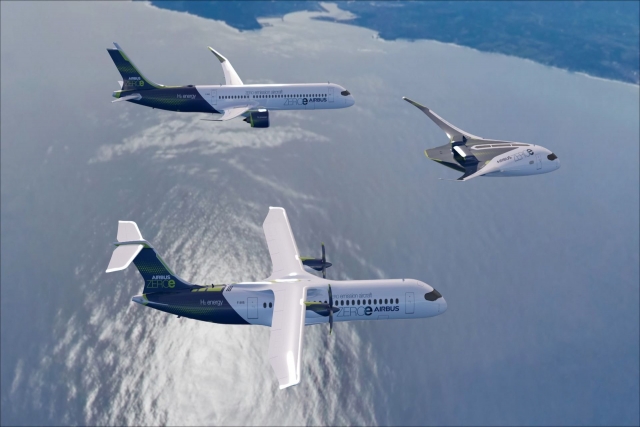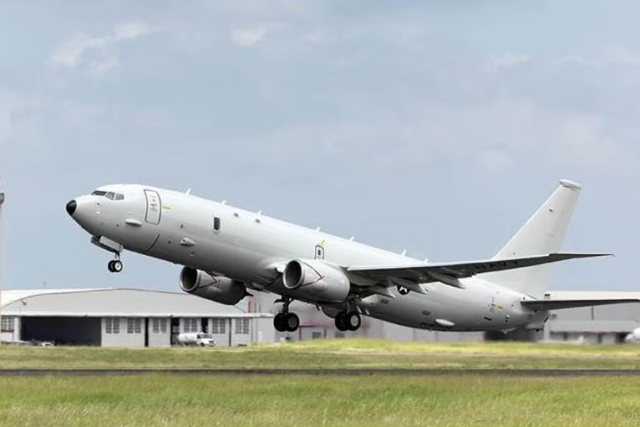Rolls-Royce Research Proves Hydrogen is Combustible at Maximum Take-off Thrusts of Aero Engines
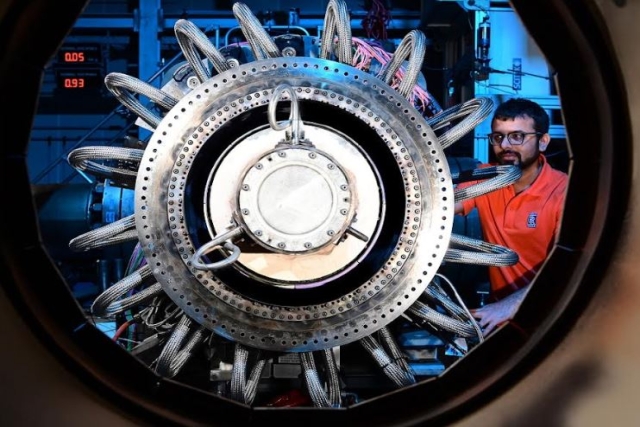
Rolls-Royce and its partners have demonstrated that hydrogen can be combusted at conditions simulating maximum take-off thrust in aircraft engines.
Rolls-Royce collaborated with easyJet, Loughborough University in the UK, and the German Aerospace Centre Deutsches Zentrum für Luft-und Raumfahrt (DLR) for the project.
Rolls-Royce and easyJet are working on developing a hydrogen combustion engine technology capable of powering various aircraft, including those in the narrow-body market segment, with a target timeline set for the mid-2030s.
The key breakthrough in this achievement was the development of advanced fuel spray nozzles, designed to control the combustion process effectively. This was no small feat, as hydrogen burns significantly hotter and faster than conventional aviation fuels like kerosene. The newly designed nozzles utilize a progressive mixing system that blends air with hydrogen to manage the fuel's reactivity.
The testing process involved initial assessments of individual nozzles at intermediate pressure at Loughborough University's facilities and at DLR Cologne, culminating in final full-pressure combustor tests conducted at DLR Cologne.
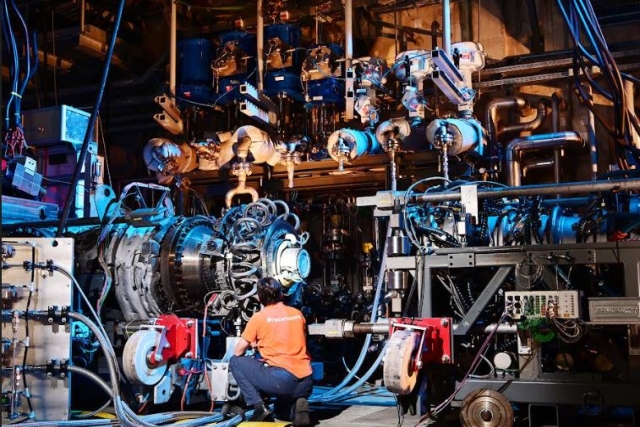
Notably, last year, easyJet and Rolls-Royce achieved another world-first by operating a modern aero engine, the AE2100, using green hydrogen at Boscombe Down in the UK.
The technologies tested at Loughborough and DLR will be integrated with lessons learned from the Boscombe Down tests as Rolls-Royce and easyJet gear up for the next phase: a full gas hydrogen ground test on a Pearl engine. This will pave the way for a subsequent full ground test on a Pearl engine using liquid hydrogen, with the ambition of taking this technology to flight.
Rolls-Royce's hydrogen research is supported by various programs, including the UK's Aerospace Technology Institute HyEST program, Germany's LUFO 6 WOTAN program, and the European Union's Clean Aviation CAVENDISH program. Loughborough University is a partner in HyEST and CAVENDISH, and DLR is a partner in WOTAN and CAVENDISH. easyJet has made investments to drive the development of hydrogen combustion engine technology for narrow-body aircraft.
